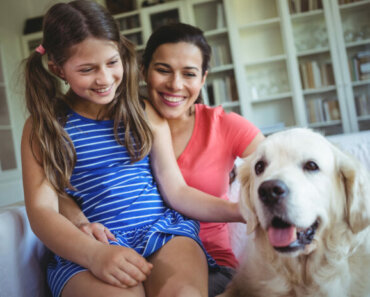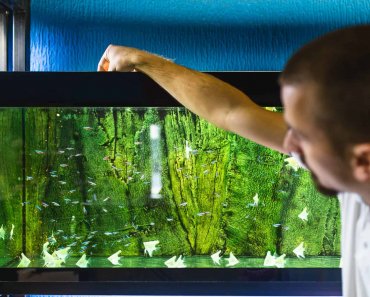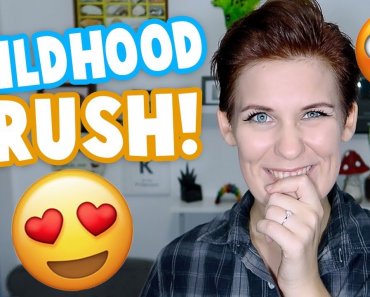If a feel-good story has surfaced during the COVID-19
lockdown, it’s the connection between people and their pet companions.
With adoptions soaring the past several months and Americans spending more time at home with their four-legged companions, pet parents say the pandemic has shed new light on how much their pets mean to them – so much that they are impacting major decisions – according to our new survey.
Our newly released Pets, People, Pandemic Poll: Navigating Pet Parenthood in the New Normal, found:
- Over half of American pet parents (55%) say they will feel guilty for leaving their pets home when they go back to work away from home.
- Nearly two in five American pet parents (38%) want to get a new pet to keep their current pet(s) company when they go back to work away from home.
- More than four in five American pet parents (83%) say that spending time with their cat and/or dog during lockdown improved their mood more than online shopping or spending time with a significant other.
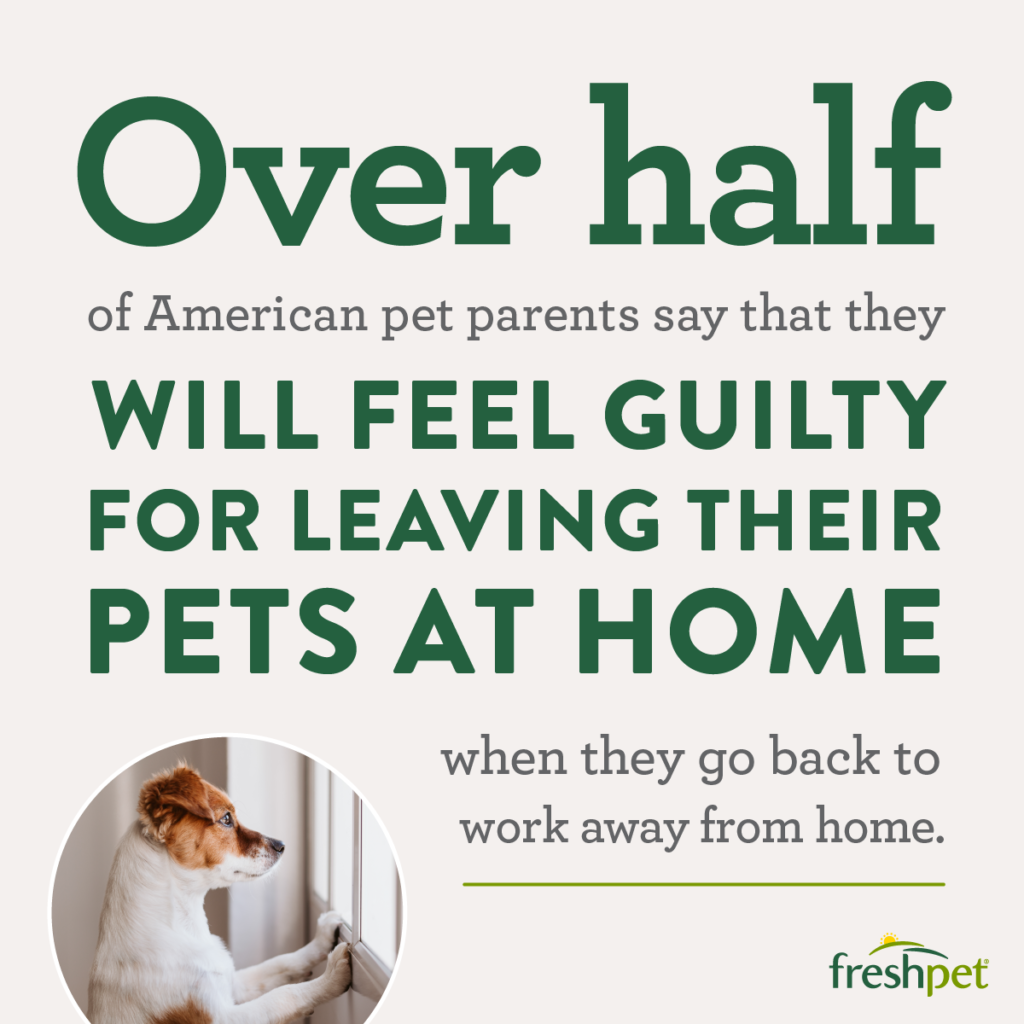
“We’re part of their pack, so when someone is missing, pets
feel like the pack is not as strong and safe as it can be,” said Dr. Gerardo
Perez-Camargo, DVM, VP of Research and Development at Freshpet. “We
need to realize when we return to the office, pets don’t know how long we’ll be
away for — or even if we’ll come back.”
According to Perez-Camargo, signs of separation anxiety
include dogs licking their lips or paws repeatedly, and cats having accidents
outside their litter boxes or demonstrating destructive behavior. But there are
steps pet parents can take to help put their animals at ease, he said:
- Leave a radio on with music or
voices, particularly if you use it when you’re at home with your pet. - Let your pet have safe access to
windows so they can watch wildlife activity, like at bird feeders or in flower beds. - Pets find comfort in the scent of
their pet parents, so consider leaving the t-shirt you slept in on your pet’s
bed when you leave.
Life Decisions
There’s no doubt our furry friends are an important part of our lives. As found in the survey results, over a third of American pet parents (37%) would choose their cat/dog as their companion should there be a second wave of COVID-19 lockdown. In fact, many pet parents have reconsidered their ways of living to accommodate their pets during this time.
- Over two in five female pet parents (44%) would choose to quarantine with their cat/dog if there was a second wave of COVID-19 lockdown and they had to choose one companion to stay home with, while nearly half of male pet parents (47%) would choose their significant other.
- About 2 out of 5 American pet parents (42%) are more mindful of their spending habits as a result of having a pet during the lockdown.
- 1 out of 10 American pet parents (13%) have made a career change—found a job with more flexible hours, switched to remote working, found a new job, etc.—as a result of having a pet during the lockdown.
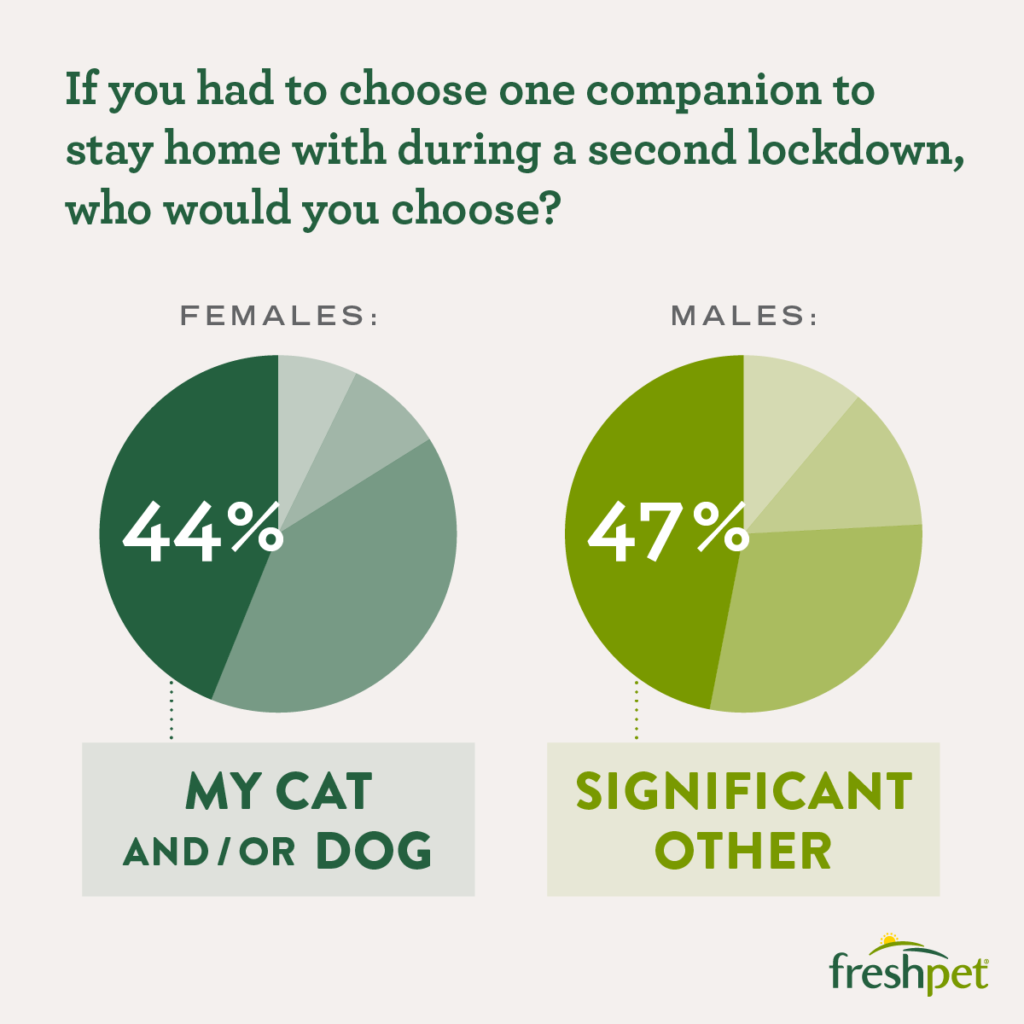
Picky Eaters
Nearly half of American pet parents (47%) say their pet(s) has become a bit of a snob when it comes to their daily pet food. And according to Freshpet’s top veterinarian, it’s not necessarily because they’ve sampled a few more treats or table scraps during quarantine.
“Pets
can get bored with their food,” said Perez-Camargo. “Imagine if you ate the
same dry food for breakfast and dinner day after day. Now and then, it’s a good
idea to mix it up and provide some variety.”
The
following are a few helpful tips to entice your pet at the food dish:
- Some small dogs have short jaws and
older dogs may have tooth loss or sensitive gums, so consider providing them
with soft food. - Freshpet, for example, is very high
in meat that’s gently cooked, so it’s juicy, appetizing and easy to chew and
digest. - Other things you can do to stimulate
your pet’s appetite is to ensure regular exercise. - Also, avoid feeding at the hottest
time of the day, as that reduces willingness to eat.
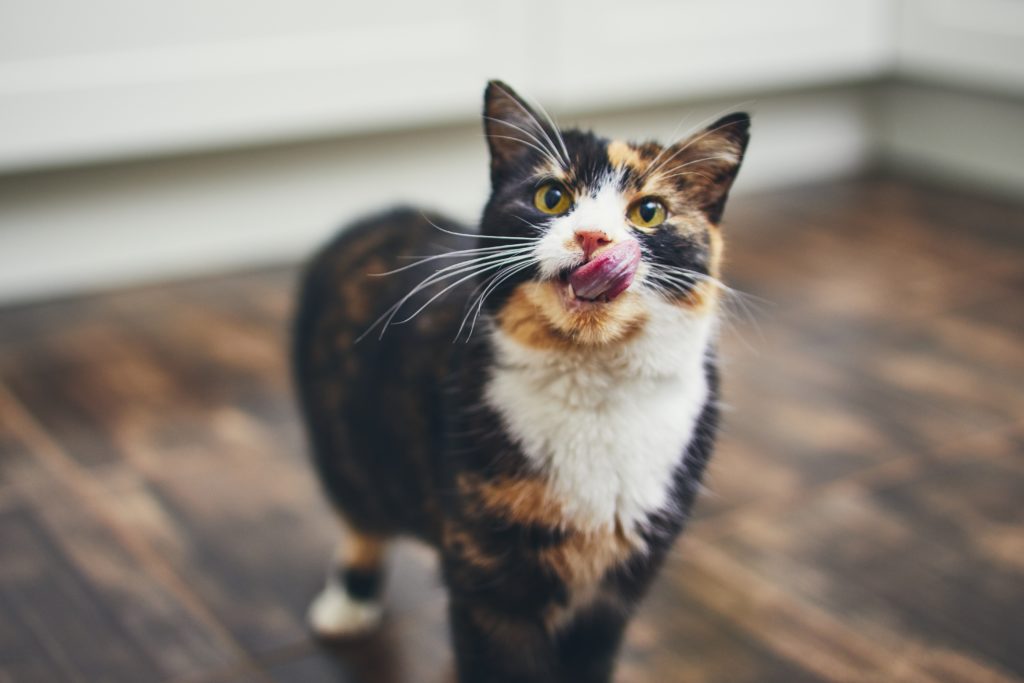
The survey was conducted online within the U.S. by The Harris Poll, on behalf of Freshpet, from July 16-20, 2020. The survey polled 1,378 U.S. adults ages 18 and older who are pet parents (own a cat(s) and/or dog(s)). This online survey is not based on a probability sample and therefore no estimate of theoretical sampling error can be calculated.


